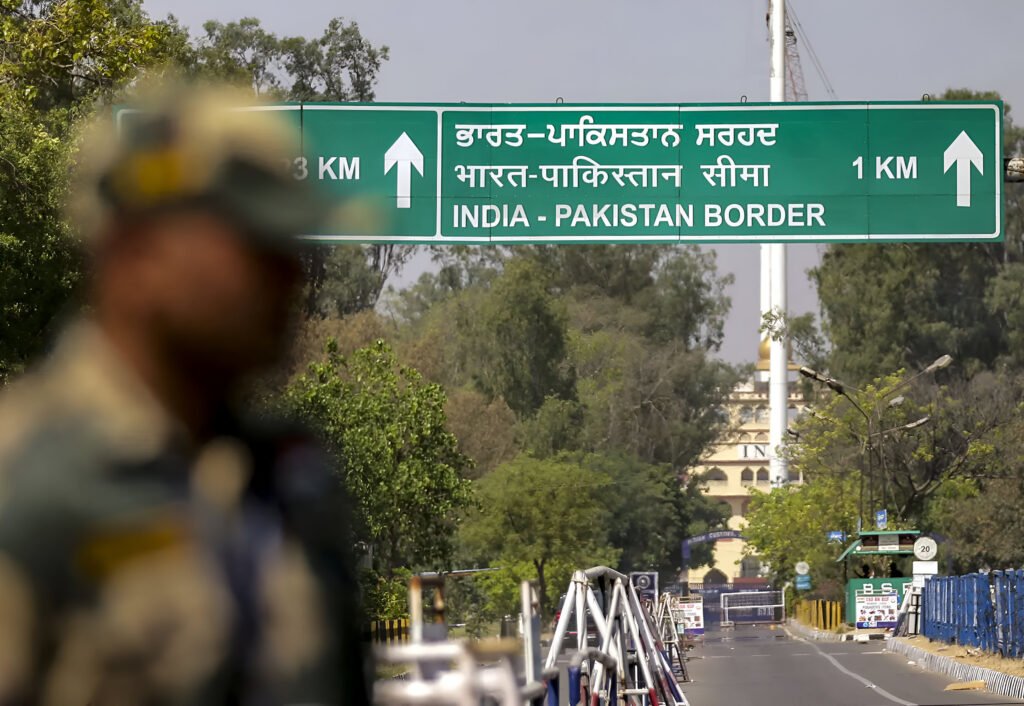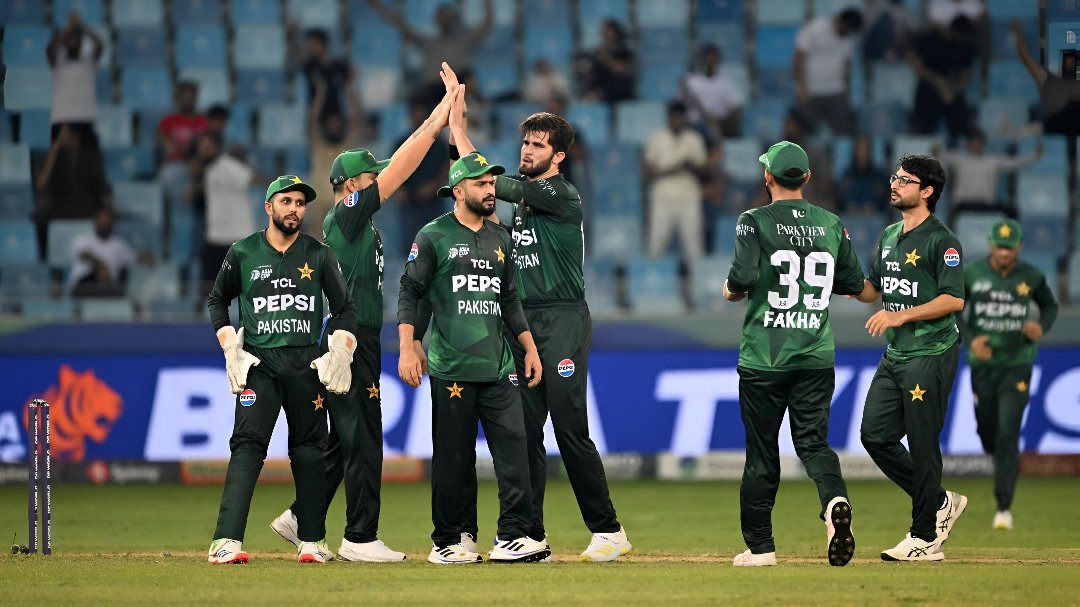
A heart-wrenching sight was seen at the Wagah-Attari border this week as several families were left stranded between India and Pakistan. The Indian government recently asked all Pakistani nationals living in India to leave the country by April 27, 2025. This sudden action has left many families, especially those with Indian and Pakistani members, in a confused and desperate situation.
A Mother’s Agony: Bajida Khan’s Story
Bajida Khan, a resident of Jodhpur, Rajasthan, India, is among those trapped in a hard situation. She had been married into a Pakistani family and had come to India in February to visit her relatives. Bajida had planned to stay longer here, but after the new government order, she rushed to the Wagah border with her two young children, hoping to return to Pakistan.
But at the border, she received some bad news. Her sons, holding Pakistani passports, were allowed to pass through. But Bajida, an Indian passport holder, was not.
“My sons can travel to Pakistan, but I cannot,” she cried. “A mother has to be with her children. I appeal to the government to allow me to cross with them.”
Her testimony was echoed by the sentiments of many others stranded at the border, having to make heart-wrenching choices between the country they loved and their loved ones.
Shared Experiences: Rasheeda Khan’s Appeal
One such emotional tale was Rasheeda Khan’s. Clasping her 5-year-old son close to herself, she too had come to the Wagah border with hopes of returning to her in-laws’ house in Pakistan.
Like Bajida, Rasheeda was also detained. Since she possesses an Indian passport, she was not allowed to pass through, while her son, who possesses a Pakistani passport, could.
“I came only to visit my parents. Now, in the wake of the tension, we want to go back. But I’m stuck here,” said AFP, her voice trembling with fear and grief.
Twenty Years in Pakistan, Still Not a Citizen
The suffering at the border did not just concern a few. Another woman, whose name was not revealed, told journalists that she had been residing in Pakistan for the last 20 years since her marriage.
Even after so many years, she had yet to be issued Pakistani citizenship. Now, standing at the border with her two teenage daughters, she begged the officials to allow her to pass through.
“I have all my documents — my marriage certificate, my husband’s death certificate, and proof that I’d applied for Pakistani citizenship,” she explained to us. “Let me cross and join my family.”
Her plea highlighted a major problem: many women who moved to Pakistan after marriage still possess Indian passports and partial citizenship records, rendering them stateless in cases like this one.

Families Sent Back: A Viral Video
Meanwhile, four women from Uttar Pradesh’s Bulandshahr, who were wed in Pakistan, were repatriated across the border.
A tragic video of one of the women went viral on social media. She is visibly crying and speaking in the video, “Our children and families are here. How can we live there now?”
The video went viral in a matter of minutes, highlighting the emotional and human price of political choices.
A Call for Compassion
The stories of the Wagah-Attari border describe how political processes leave deep impressions on the lives of ordinary citizens. Families who have built their homes, educated their kids, and lived together in peace between two countries are now being torn apart.
A majority of the families are appealing to the Indian government to be merciful and forgiving. They hope special cases, especially involving mothers and small children, will be given ample consideration.
After all, family crosses passports and nations.
The Larger Picture
India-Pakistan animosity has struck citizens in common many times over on both sides. But the most hit is the common man, not the politicians.
While it is necessary that governments go that extra mile to ensure national security, it would be pertinent to ensure that innocent families, including women and kids, are not left stranded in heart-wrenching dilemmas.
Both countries share deep cultural, emotional, and family connections. The majority of families have members on either side of the border. Shattering these in a single night inflicts wounds that take centuries to heal.
Conclusion
The drama at the Wagah-Attari border makes us realize that politics is not about governments only; it’s about people. Even though the reasons behind the decision of the government may be complex, the price paid by people is visible.
Families like Bajida Khan’s, Rasheeda Khan’s, and so many others are calling out for empathy. They want nothing but the chance to stay together with their loved ones.
In times of war, empathy can be the greatest bridge between separated hearts.







